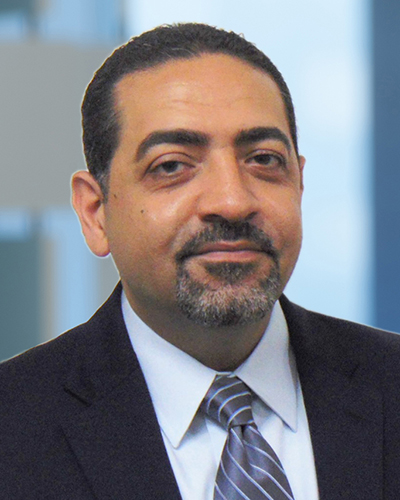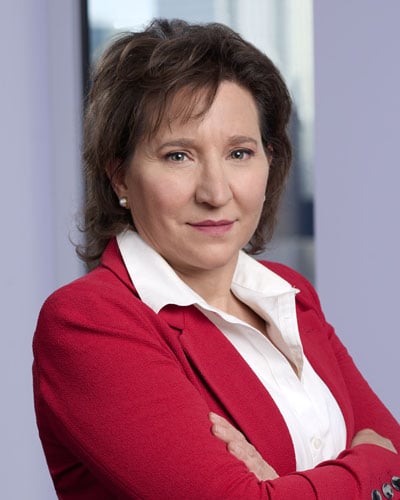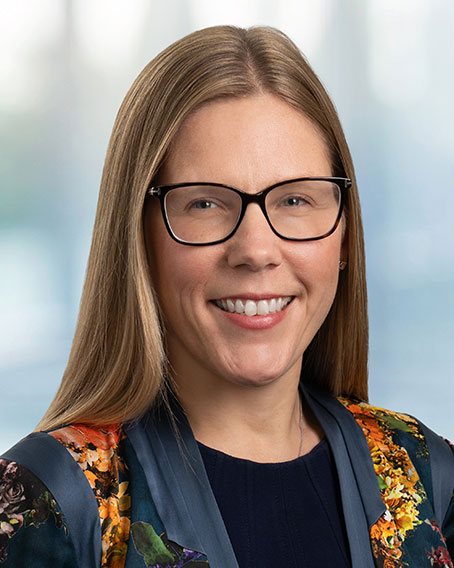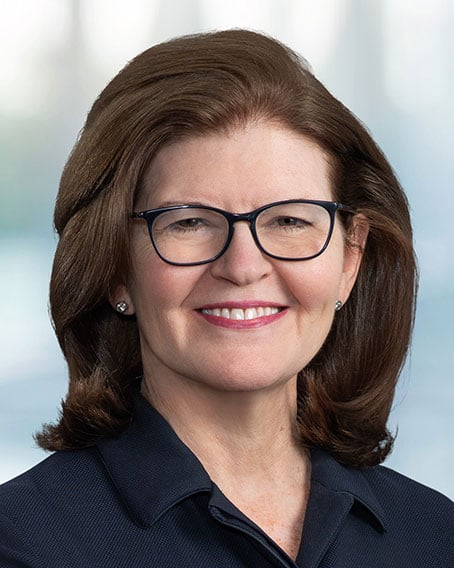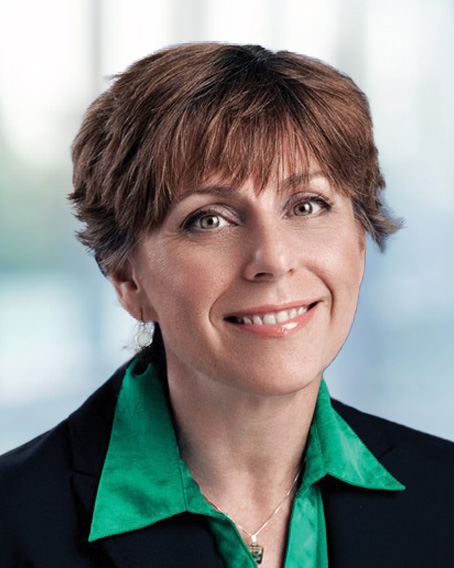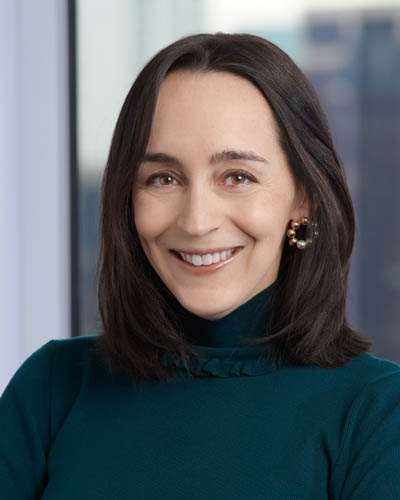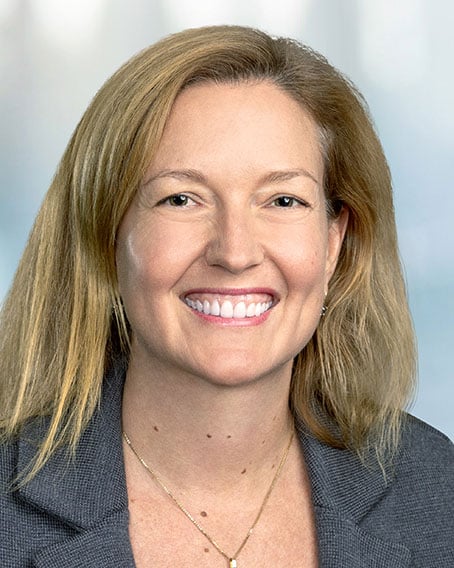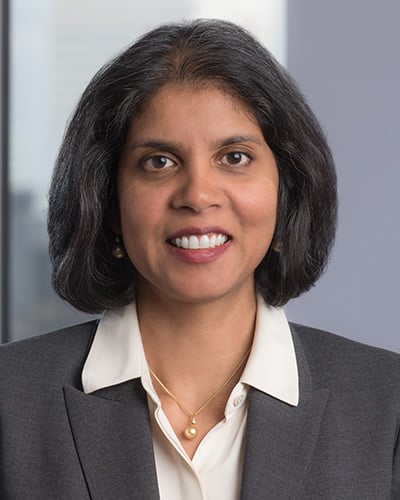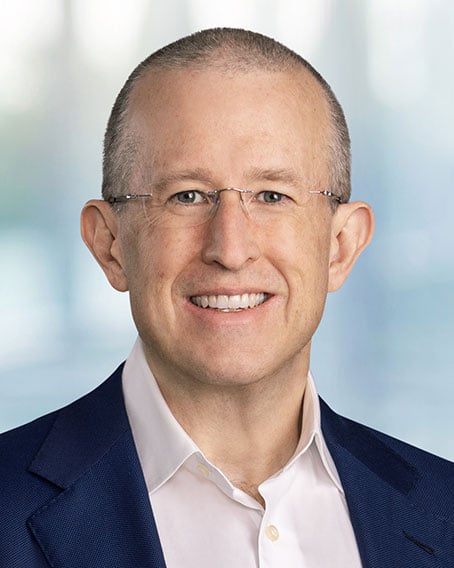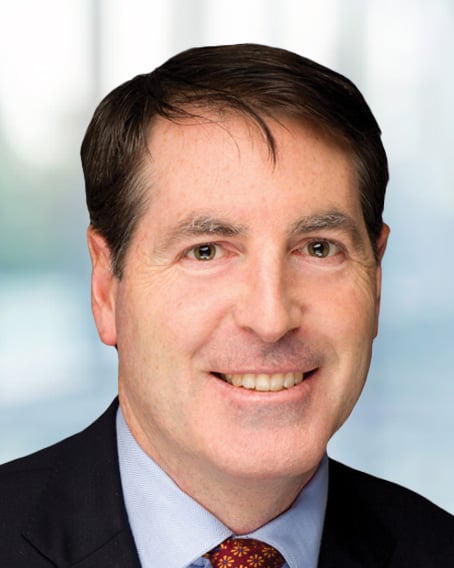Ropes & Gray hosted its second credit funds forum on October 12, examining key trends and developments in private credit. “The Road Ahead for Credit Funds” featured credit fund sponsors and dealmakers who assessed the current state of the credit funds industry and provided insights on how they approach capitalizing on opportunities and mitigating risk. Laurel FitzPatrick, head of Ropes & Gray’s credit funds practice, and capital solutions & private credit partner Jennifer Harris introduced the forum, which included panels on deal structures, credit manager M&A, fund structures and regulatory issues. A conversation with veteran diplomat John Tefft, former U.S. ambassador to Russia and Ukraine, concluded the event.
Deal Structures
Capital solutions & private credit partners Sam Badawi and Alyson Gal moderated the deal structures panel. Joining them were Pratik Desai, Partner and Portfolio Manager at Bardin Hill Investment Partners; Timothy Gravely, Head of Credit at Aquiline Capital Partners; and Paul Triggiani, Managing Director and Head of Distressed Credit and Special Situations at Invesco Credit Partners. The panel discussed the challenges presented by the current business climate, including differentiating between different consumer facing opportunities and whether health care and software live up to their perceived dependability. The group noted the opportunities for private credit presented by contractions in bank lending and, moreover, by an ability to strategically balance and rebalance investments between liquid and illiquid investments. Other topics included key areas of investment focus, and the ways in which companies and sponsors are coming to terms with the changed market environment created by the disruptions of recent years and by rising interest rates. Panelists also provided “lessons learned” perspectives on deal-breakers— indications of fraud, and what control measures they see as key elements of their deals. The panelists concluded by offering their assessments of the near-term future, including commentary on the cycle of the market’s tipping and normalizing, and the inherent difficulty of waiting for a market bottom.
Credit Manager M&A
M&A partners Matt Richards and Paul Van Houten moderated the credit funds manager M&A panel, which featured panelists Adam Frankel, General Counsel at CBAM Partners LLC, and Saul Goodman, Senior Managing Director at Evercore. The panel discussed the key drivers motivating M&A in today’s market. The panel noted that firms lacking credit strategies are looking to acquire credit managers to expand their product offerings, and buyers with existing credit strategies are seeking to add assets under management through inorganic growth. These transactions allow buyers to grow their investor base while leveraging existing infrastructure to realize synergies, allowing the combined business to operate more efficiently. Outside of these contexts, the past several years have seen an uptick in minority investments in credit managers through “GP stakes” sales, which enable investors to acquire a direct equity stake in a sponsor’s management company. Buyers drawn to these transactions include existing sponsor LPs seeking to extend their relationship with a sponsor, private equity sponsors specializing in GP stakes strategies, and other strategic investors. GP stakes buyers may acquire interests from management, offering a liquidity opportunity for current equity holders, or through primary issuances from the sponsor, which can grow its business by investing in new strategies, hiring new teams or pursuing other strategic initiatives.
Fund Structures
The fund structures panel was moderated by private funds partners Amanda Persaud and Lindsey Goldstein. They were joined by Shirley Hambelton, Managing Director and Senior Counsel at Benefit Street Partners LLC, and Asha Richards, Managing Director and General Counsel at CIFC Asset Management LLC. The panel examined strategies for capital deployment, noting that private credit has consistently seen larger AUM growth year over year, and expects a robust capital raise market to continue though 2022, both through serial fund raises and acquisitive growth. The panel anticipates that the economic slowdown will likely result in stronger fundraising outcomes for certain credit strategies such as credit opportunities and distressed debt due to more opportunistic investing and expects a continued increase in senior debt for 2023, with a focus on rated note feeder products. A primary topic of focus by the panelists was the growing popularity of “evergreen” funds—funds with characteristics of both open- and closed-end fund features, and, frequently, the ability to live on beyond the typical term of a closed-end fund with auto-commitment renewal mechanics and certain opportunities for liquidity. The panel stressed the need to match evergreen funds with both the right investors and administrators that can manage the complex fund mechanics of these funds. Discussion concluded with a look at the heightened interest in credit fund secondaries, driven by investors seeking liquidity and buyers looking to purchase interests in credit funds in the secondary market.
Regulatory Issues
Securities & futures enforcement partners Eva Carman and Daniel O’Connor, private funds regulatory (UK) partner Eve Ellis, and private funds regulatory (U.S.) partner Joel Wattenbarger presented on regulatory issues. They reviewed the current environment facing today’s managers, focusing first on environmental, social and governance (ESG), a high-priority concern of regulators both in the United States, the U.K and the EU. The SFDR is a key European regulatory regime, and there has been an increase in Article 8 funds, which promote, among other things, environmental or social characteristics, or a combination of the two. Investor demand has spurred growth in the number of these funds, and regulators have communicated that the environmental or social characteristics being promoted through the fund strategy must be binding, and that advisers cannot rely solely on immaterial investment screening. In the United States, the Securities and Exchange Commission has been active in rulemaking, indicating that if ESG factors play a role in investment strategy, a manager would be considered an ESG manager, with reporting obligations in its Form ADV. ESG has also been an issue in SEC exams, with the SEC showing a particular focus on greenwashing. The panel stressed that SEC enforcement staff has been aggressive in bringing new cases—cases that are more difficult to settle. The panel also discussed the implementation of the SEC’s new Marketing Rule, which took effect November 4, 2022. The panel noted that starting promptly after the November 4 compliance date, the SEC is expected to begin conducting targeted exams focused on compliance with the new rule. Accordingly, the panel recommended that sponsors document their methodology for calculating performance and adequately disclose their methodology and assumptions directly in marketing materials. With regard to private fund adviser reform rules, which would expand regulatory compliance obligations for private fund advisers, the SEC is currently soliciting feedback and is expected to finalize the rules during the 2023 calendar year.
Following the panel discussions, Laurel FitzPatrick led a conversation with former U.S. ambassador John Tefft, who shared experiences from his storied diplomatic career, including his perspective on meeting Vladimir Putin. He also offered his views on the future of Russia’s war in Ukraine.
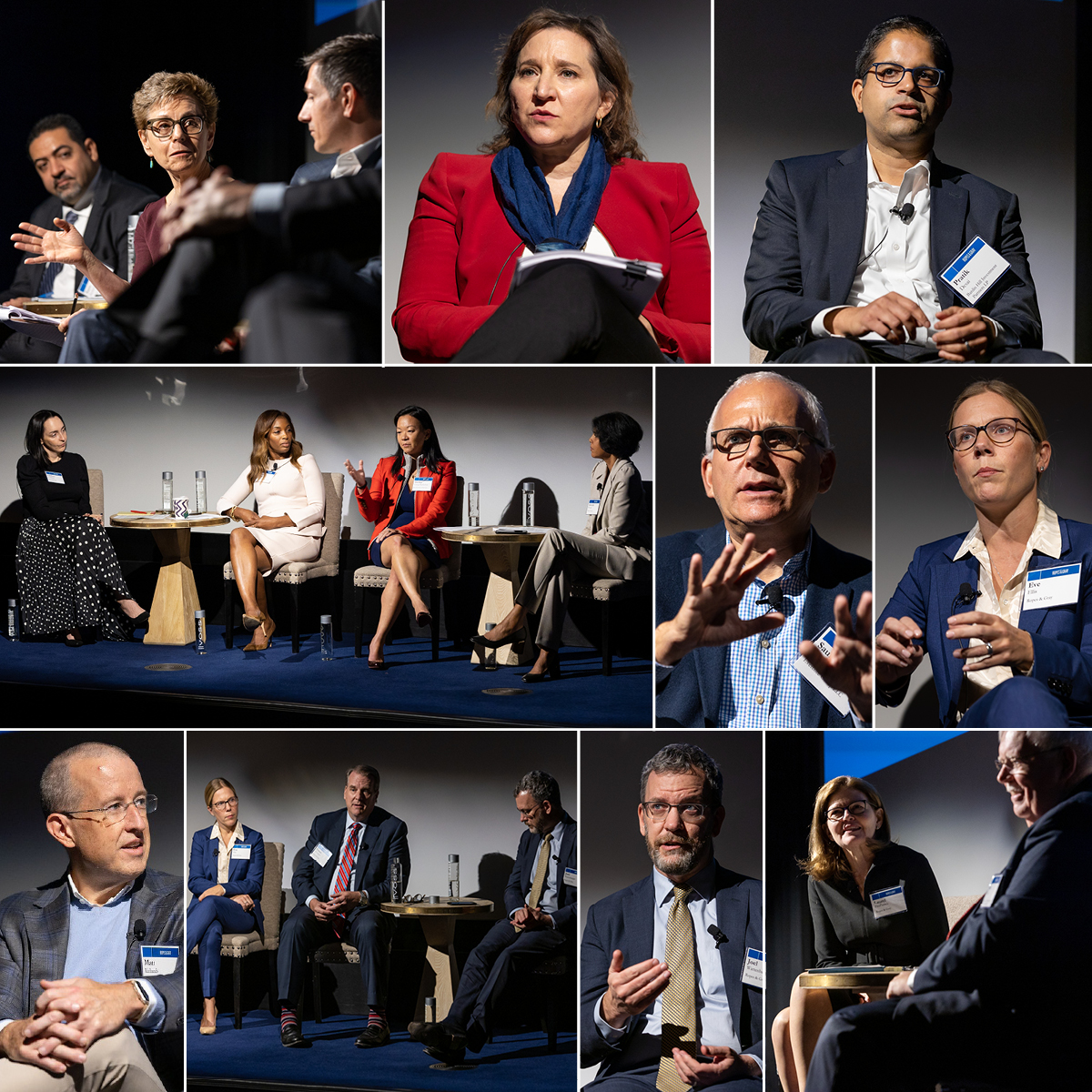
Stay Up To Date with Ropes & Gray
Ropes & Gray attorneys provide timely analysis on legal developments, court decisions and changes in legislation and regulations.
Stay in the loop with all things Ropes & Gray, and find out more about our people, culture, initiatives and everything that’s happening.
We regularly notify our clients and contacts of significant legal developments, news, webinars and teleconferences that affect their industries.

